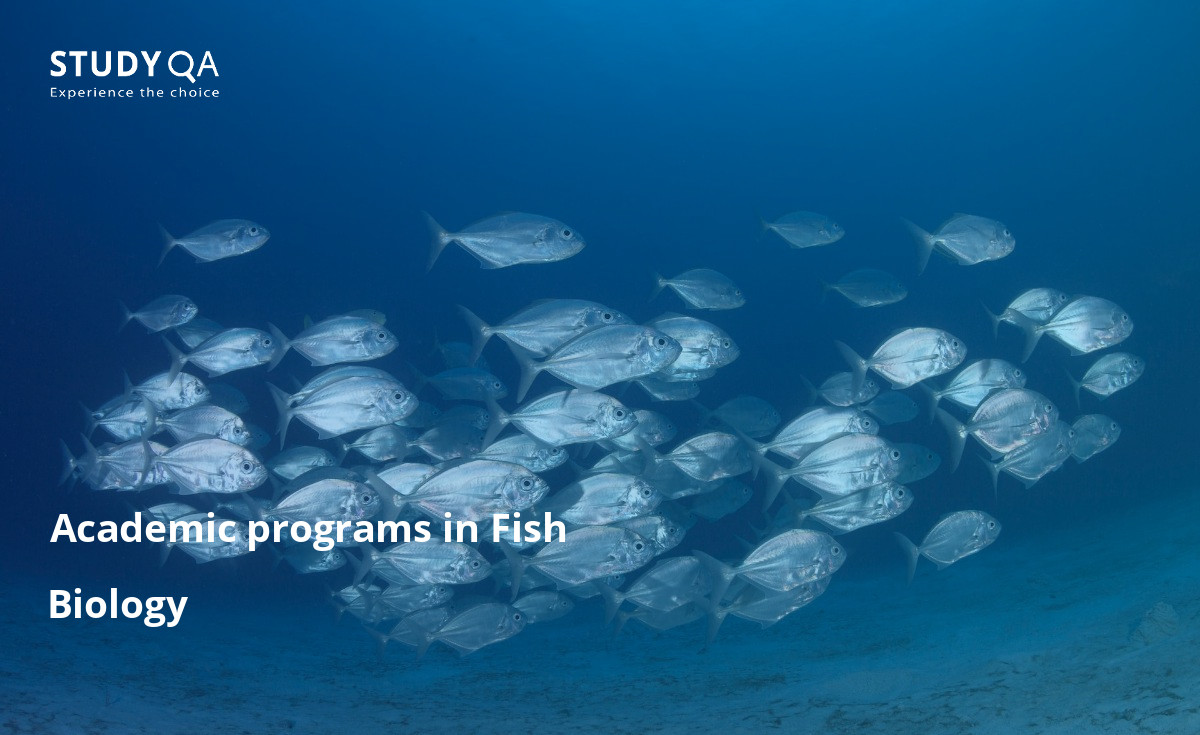The broad-based curriculum of the fisheries and wildlife biology degree program teaches you to the diverse approaches and philosophies of managing fi...
The broad-based curriculum of the fisheries and wildlife biology degree program teaches you to the diverse approaches and philosophies of managing fisheries and wildlife. Most courses have a laboratory component where you may learn how to use the scientific method with inquiry-based studies while studying the real-world applications of scientific theory.

You will support the preservation and restoration of water quality, the management of freshwater ecosystems, and the recreational and sport fishing usage of lakes and streams by choosing the aquatic biology and fisheries option. Additionally, you will learn how crucial it is for business, agriculture, and the general public to work together in order to achieve both individual and shared objectives.
Freshwater species including bacteria, algae, and fish, nutrient dynamics, freshwater ecosystems, and the physical processes that impact these settings are some of the topics covered in your aquatic biology and fisheries courses. Additionally, you will study applied biological techniques such as managing water resources, managing fisheries, managing invasive species, and assessing habitat and water quality.
The study of the effects of human population expansion and development on wildlife and its natural habitats will require an increase of zoologists and wildlife biologists in the near future. The world population's growing desire for open space, outdoor leisure, and eating fish has led to a constant rise in the need for competent fisheries and aquatic ecologists. Biologists who specialize in fisheries and wildlife will be needed to manage renewable natural resources more effectively as energy demands rise.
What are the advantages of a degree in fish biology?
The fish biology bachelor's degree lay the groundwork required for future career development in government and business at the entry level. It gives you the freedom to concentrate on a particular subject area. You will learn about biological structures and processes that occur in fisheries and animals. Colleges give access to lab and field activities that encourage scientific curiosity and the use of experimental techniques.
Additionally, some students decide to pursue master's or doctorate degrees to work, for instance, as a government affairs associate and promote science-based fish and wildlife conservation regulations.
Program Prerequisites
A portion of the prerequisites for a biology-related bachelor of arts or bachelor of science degree are satisfied by the focus on aquatic biology and fisheries. The biology core curriculum is required for all biology majors. In some colleges, you need to obtain 120 credits to get the degree. About half of these credits are allocated for universities’ core courses, and another half — are for biology, aquatic biology, and fisheries concentration courses.







